Cuando hay tortilla, no hay carne. Cuando hay carne, no hay tortilla.
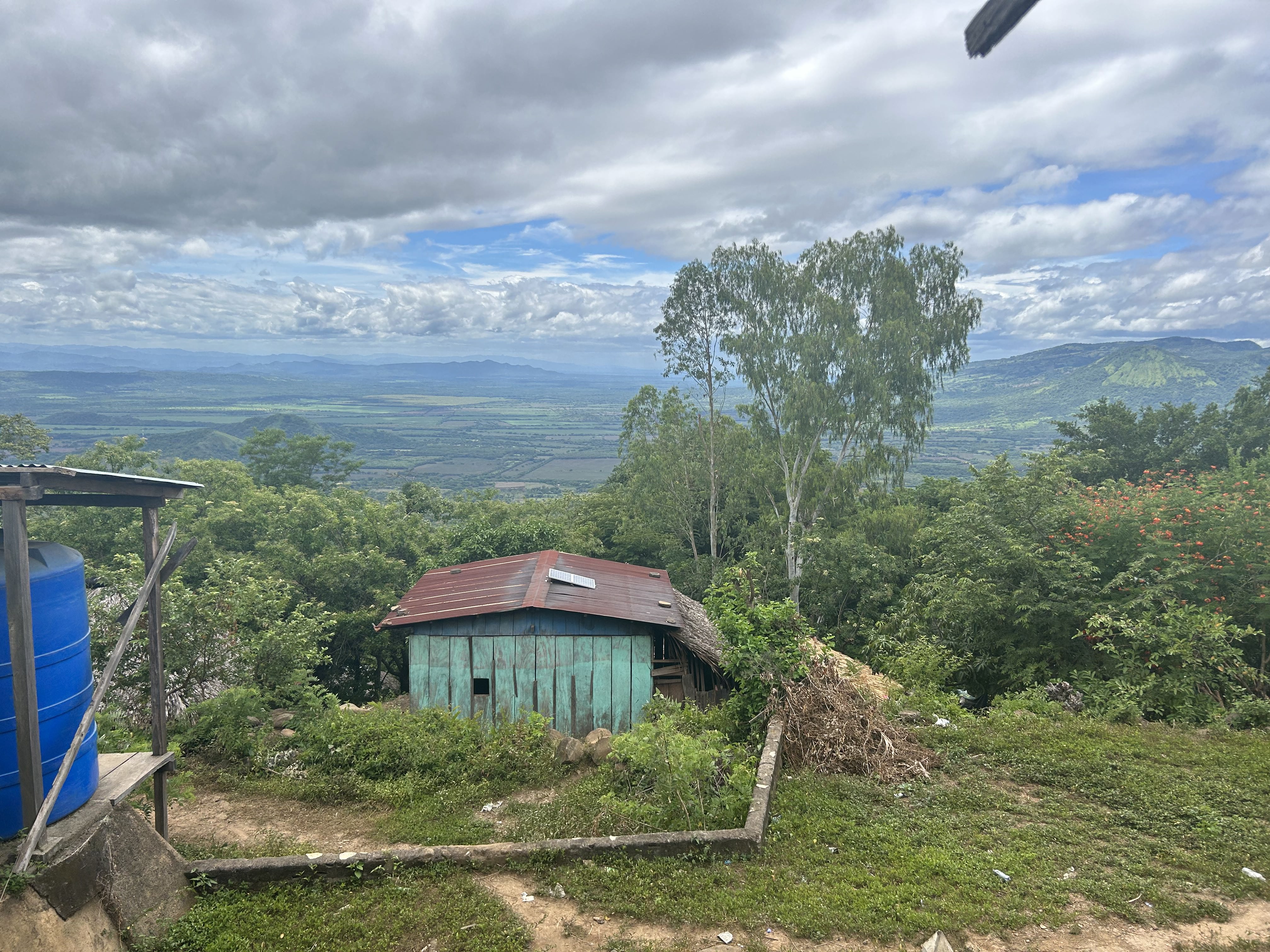 The view from the top was breathtaking, but getting there took all the stamina we had. Two weeks ago Quixote Center traveled in Nicaragua with our colleagues from Peaceworks. Among many other encounters, we visited the El Porvenir coffee cooperative, located at the top of a nearly inaccessible mountain. A tractor pulled us up the dusty trail in a cart.
The view from the top was breathtaking, but getting there took all the stamina we had. Two weeks ago Quixote Center traveled in Nicaragua with our colleagues from Peaceworks. Among many other encounters, we visited the El Porvenir coffee cooperative, located at the top of a nearly inaccessible mountain. A tractor pulled us up the dusty trail in a cart.
El Porvenir began its life as a colonial
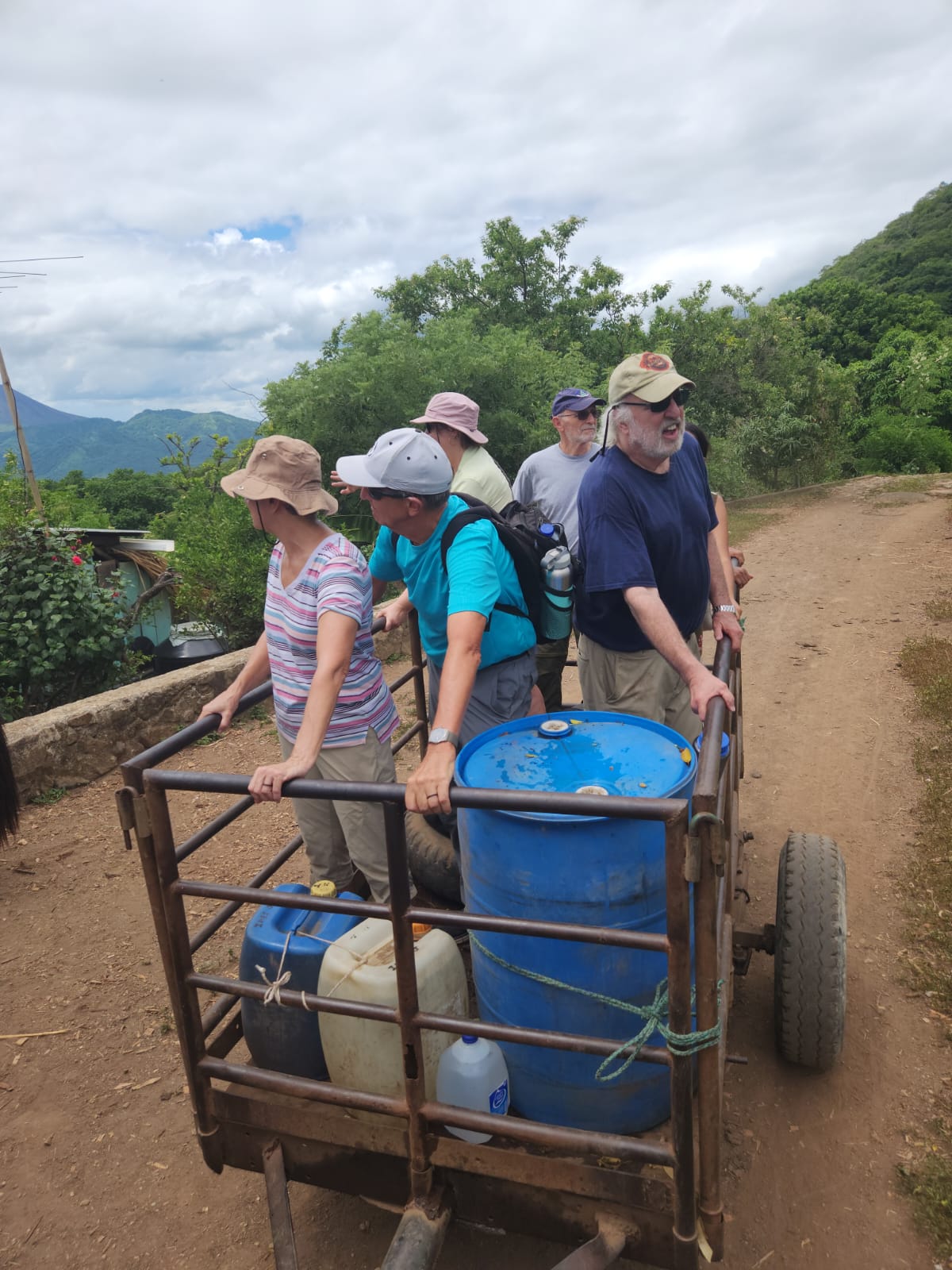
plantation whose owner turned it over to the workers and fled after the Sandinista revolution. The former owner left them the processing machinery, which is over 100 years old and still in use. Coffee machinery has not changed much.
The community, 52 families in total, produces all of its certified organic coffee for export, using the income to support their families and their self-governing little town. If they sold the green beans locally, they would get a lower price, although the export price they get, about $2.75 per pound, is still low. Too low to cover their basic needs, which include turning the dusty trail into a passable road, pumping water up the mountain, and electricity.
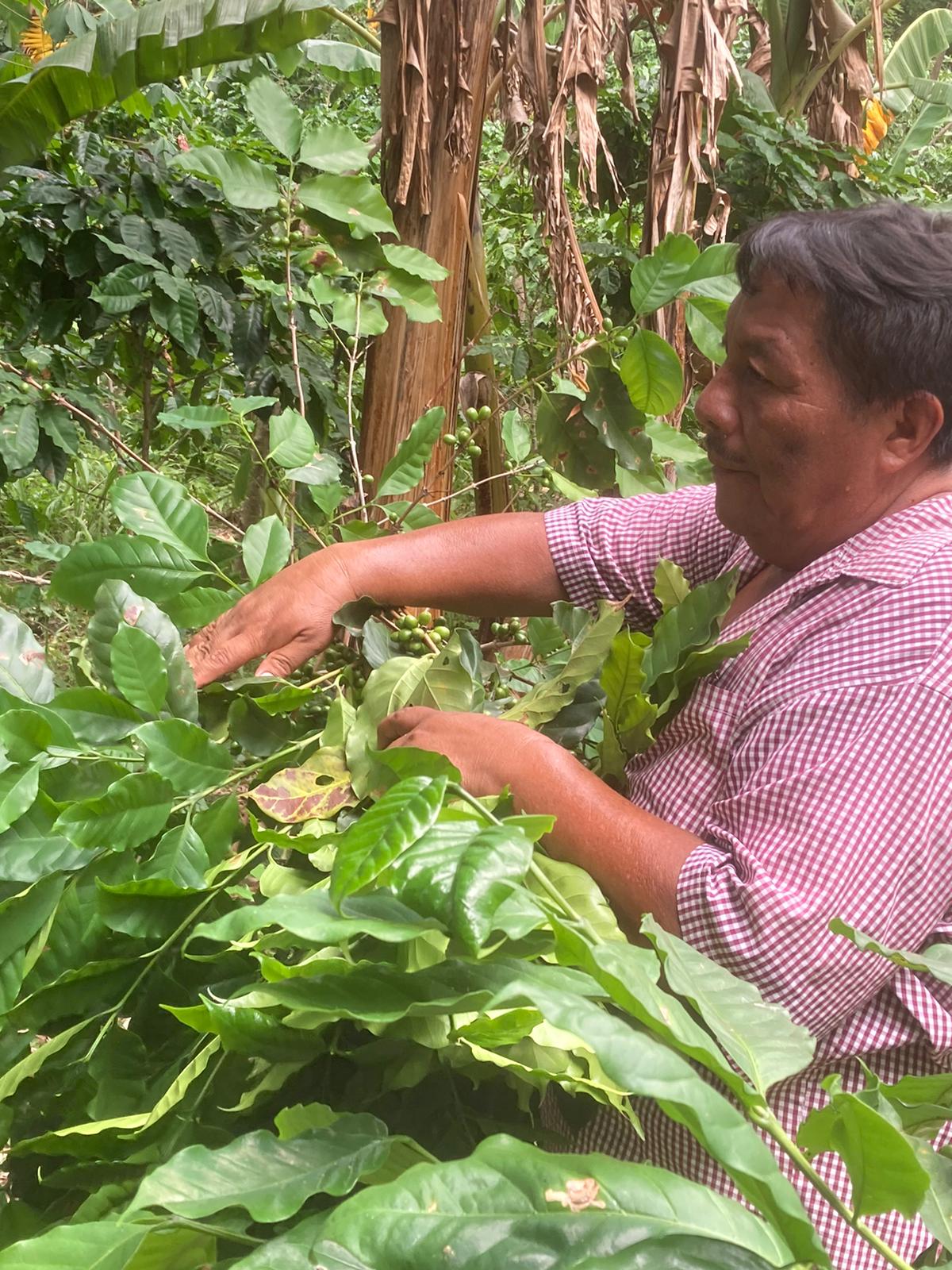 Water is a huge problem. They have a reservoir, a pond that collects rainwater, but in recent years the area has been suffering from persistent and extreme drought. They finally found the money for a pump to bring water up the mountain, but then the diesel generator broke down. Now they are raising money for electricity to power the pump. Cuando hay tortilla, no hay carne. Cuando hay carne, no hay tortilla, they said, smiling.
Water is a huge problem. They have a reservoir, a pond that collects rainwater, but in recent years the area has been suffering from persistent and extreme drought. They finally found the money for a pump to bring water up the mountain, but then the diesel generator broke down. Now they are raising money for electricity to power the pump. Cuando hay tortilla, no hay carne. Cuando hay carne, no hay tortilla, they said, smiling.
I asked them about their business challenges and about their dreams. Their challenges include managing to produce coffee with less rainfall. They have been planting a drought-resistant variety and would like to plant more. They also worry about their old machinery breaking down and would like to upgrade it. But their biggest challenge is accessing a market that will give them a better price for their coffee. If they made enough money from their coffee, they could pay for things like replanting, equipment breakdowns, and electricity.
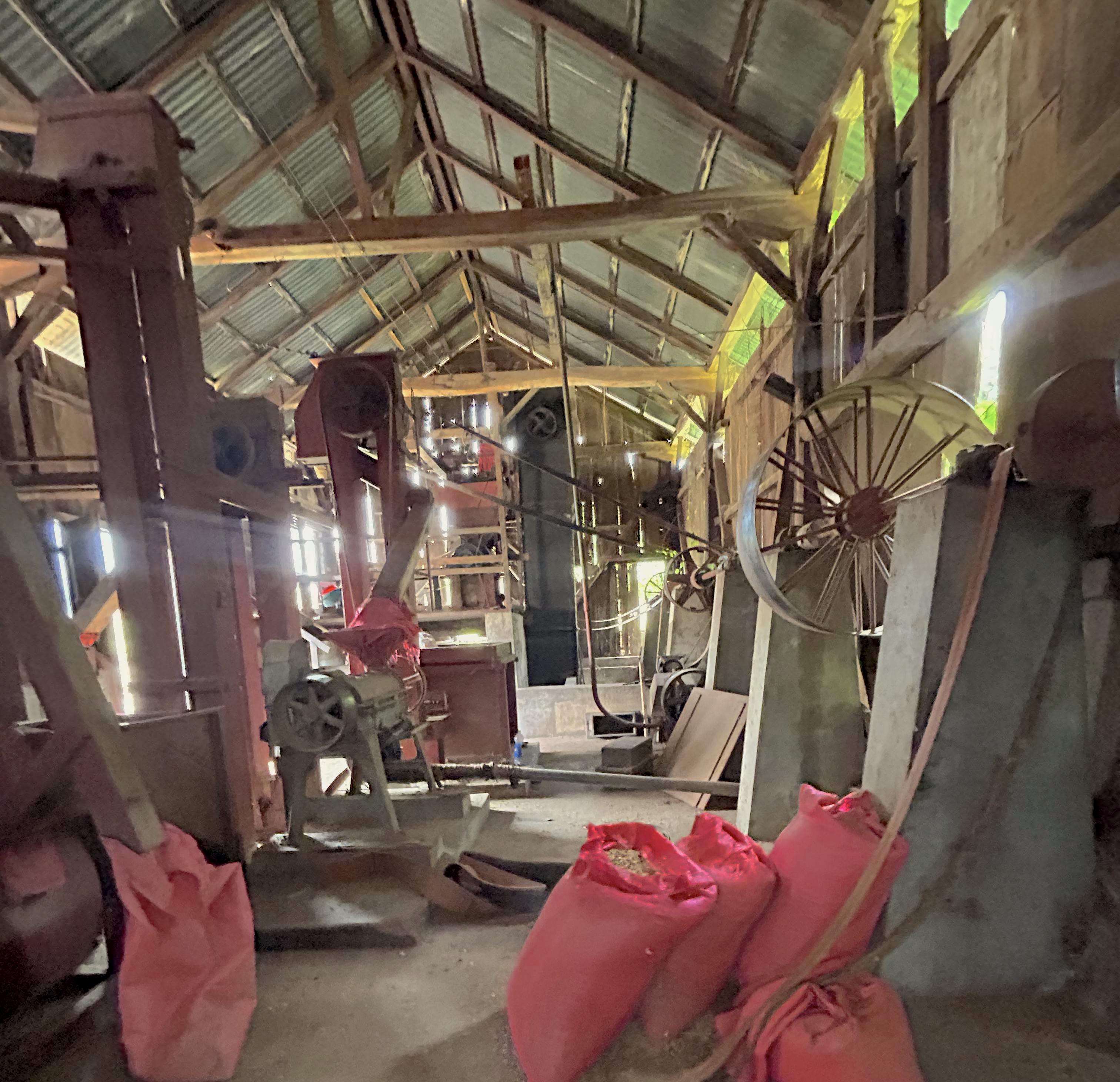 One of their dreams is to roast, bag, and market the coffee themselves for a local market, eliminating the middlemen and retaining for themselves the full value of their coffee. While we were visiting, a delegation from the coop was pitching the idea to the Ministry of Family Economics, hoping for a grant to buy their first small roaster. With a small roaster they can try out the idea and test the market before going big. The idea is to diversify, so that they retain some of their coffee for export and sell some as a finished product locally. Over time this dream would bring them more independence and financial security.
One of their dreams is to roast, bag, and market the coffee themselves for a local market, eliminating the middlemen and retaining for themselves the full value of their coffee. While we were visiting, a delegation from the coop was pitching the idea to the Ministry of Family Economics, hoping for a grant to buy their first small roaster. With a small roaster they can try out the idea and test the market before going big. The idea is to diversify, so that they retain some of their coffee for export and sell some as a finished product locally. Over time this dream would bring them more independence and financial security.
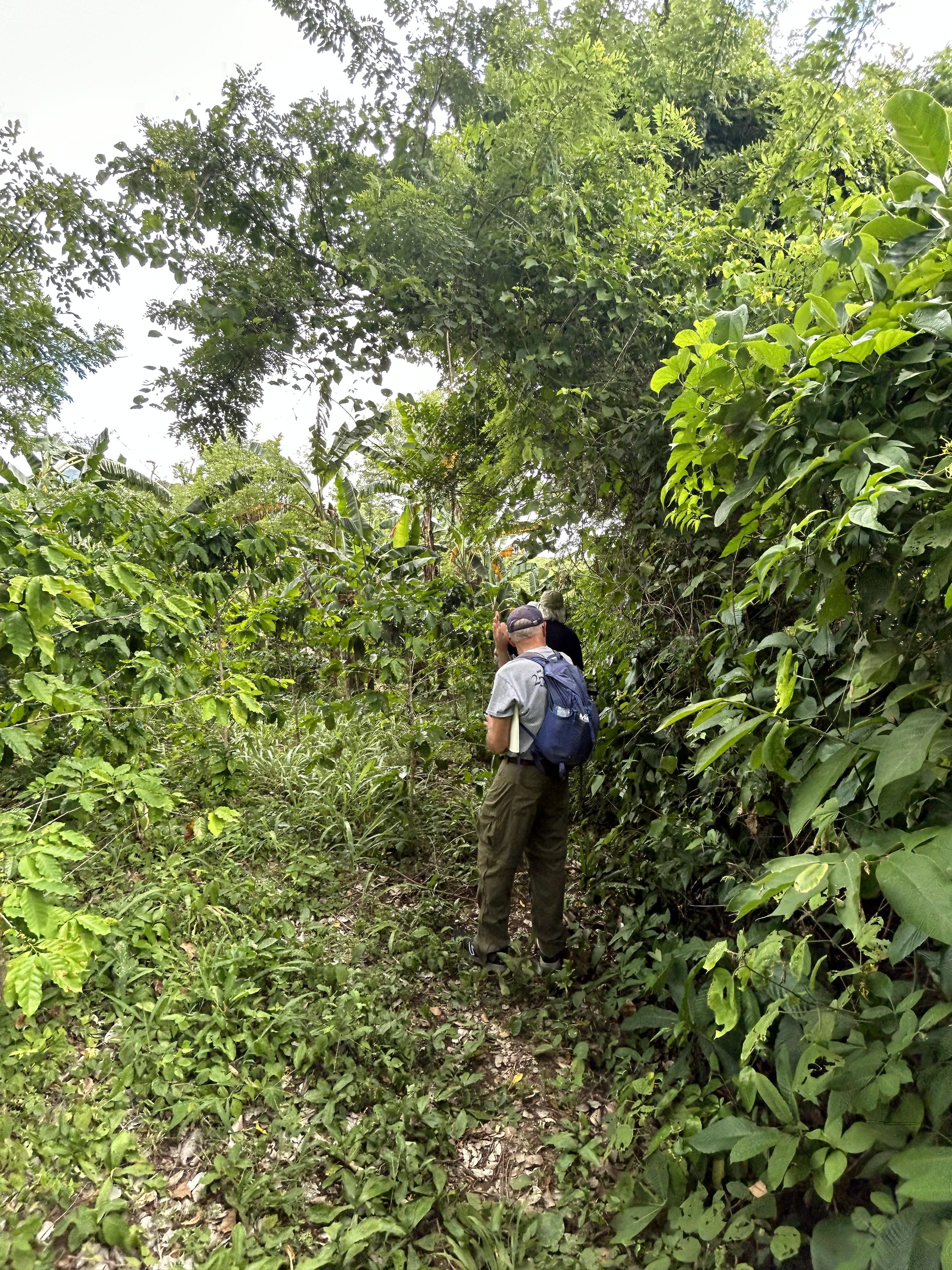 Quixote Center is all about dreams. Coffee growers around the world are facing similar challenges and have similar dreams. People want to have the means to support themselves, their families, and their communities through their own labor, without the endless need to find outside assistance. It’s hard to fathom that folks who produce such a high-value crop have to greet visitors with their hands out because they cannot get a high enough price for their product. This is exactly the issue that Quixote Center is working to address, one small village at a time, in Haiti, and in Nicaragua.
Quixote Center is all about dreams. Coffee growers around the world are facing similar challenges and have similar dreams. People want to have the means to support themselves, their families, and their communities through their own labor, without the endless need to find outside assistance. It’s hard to fathom that folks who produce such a high-value crop have to greet visitors with their hands out because they cannot get a high enough price for their product. This is exactly the issue that Quixote Center is working to address, one small village at a time, in Haiti, and in Nicaragua.
To support our work, click here.
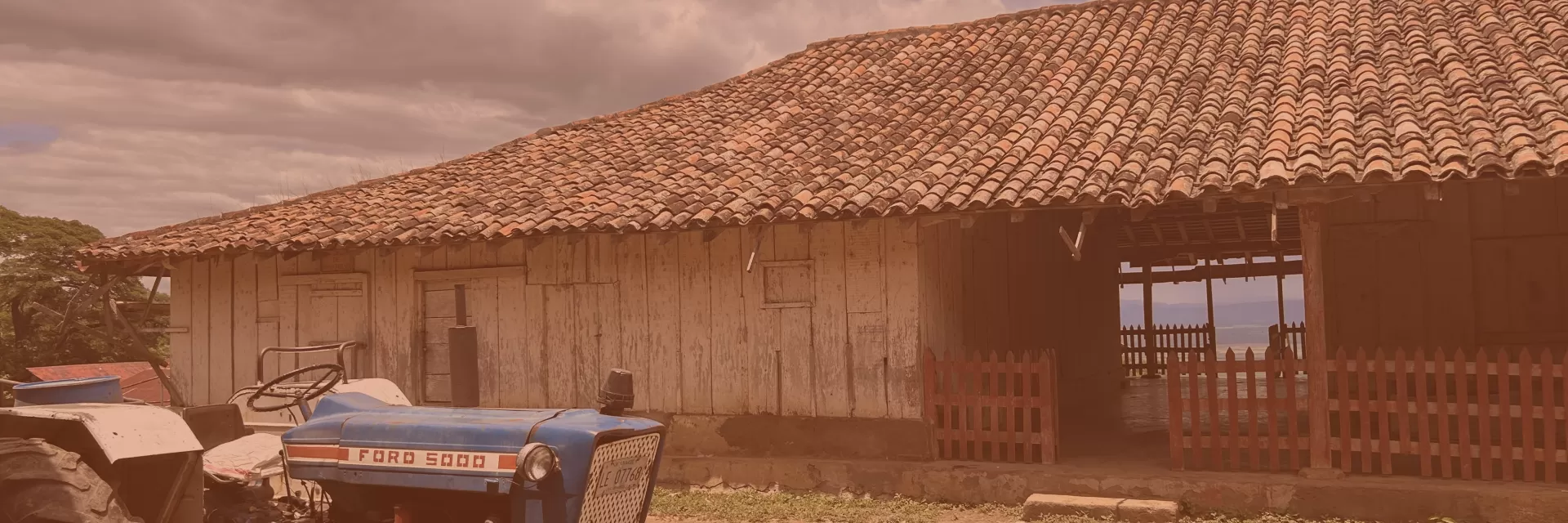

Comments
Kate Pravera (not verified)
How can I support the work of El Porvenir directly?
Kim L (not verified)
Hi Kate, We are still working out the details of supporting them and will keep our supporters informed as we move forward. At this point, I'm not even sure if you can buy the coffee in the US. I will find out and can get back to you.
Alexandra Gulden (not verified)
Hi Kate! You can order the coffee online at Building a New Hope: https://www.buildingnewhope.org/order-coffee